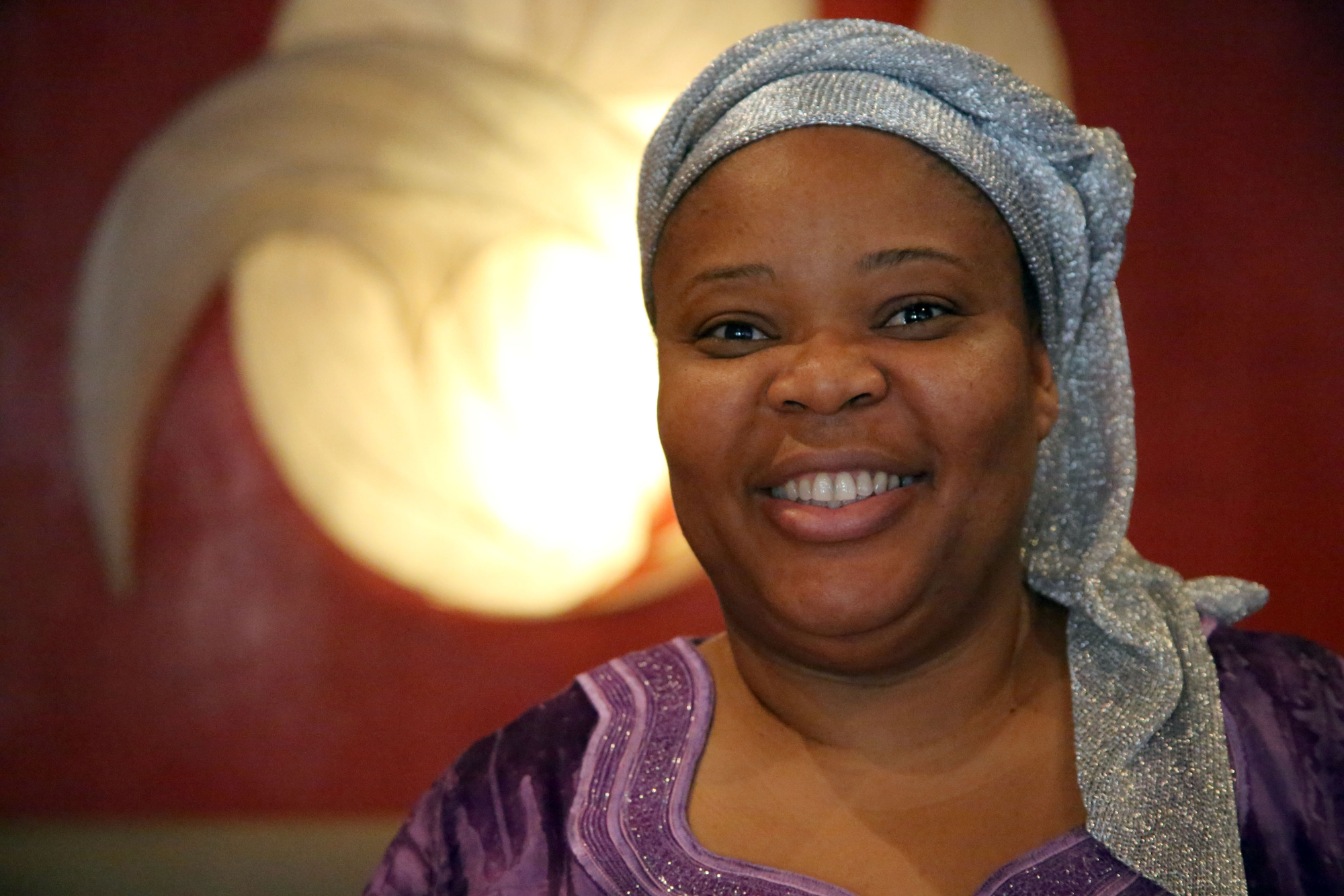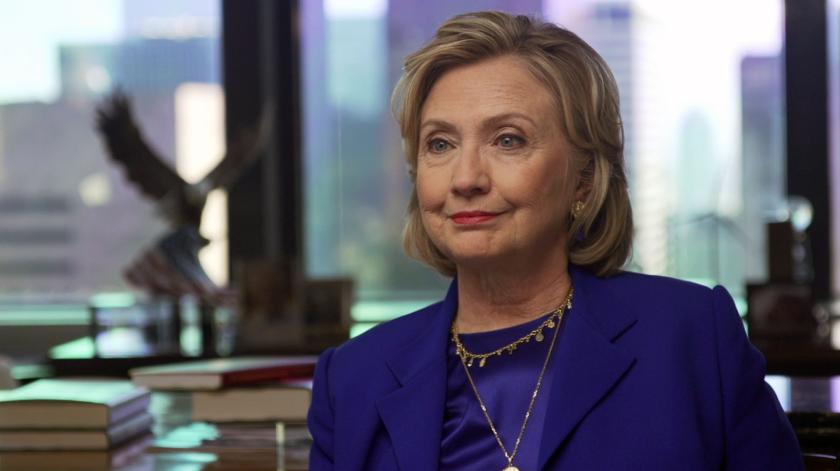If the mark of a good documentary is that it teaches you something new, then the awkwardly titled Hillary Clinton: The Power of Women was a very good documentary indeed. For instance, before watching it I had no idea that the famous “women’s rights are human rights” speech given by the possible 2016 presidential candidate was “the beginning of the cry for women’s rights across the globe”; and it was certainly a surprise to discover that the 2002 invasion of Afghanistan was not merely in service of a “war against terror” but rather “a war against the barbaric treatment of women”.
The format meant that there was no opportunity for those points to be addressedThe heady whiff of jingoism was always going to be present in a documentary which had at its centre interviews with three former US secretaries of state: Clinton, Madeleine Albright and Condoleezza Rice. Timed to coincide with both the 20th-anniversary of Clinton’s address to the fourth international UN conference on women in Beijing and speculation over whether she will try again for the US presidency reaching fever pitch, The Power of Women sought to answer the extent to which progress on equal rights for women had been made – and why on some issues things seemed to have gone backwards.
 And there, I suspect, was part of the problem: with such a wide range of issues to cover, such a short time to do it in and with understandable focus on the thoughts of its three lead interviewees, the documentary tackled neither of its main questions cohesively. There was an almost maternalistic look at women’s rights in Egypt, Liberia and Afghanistan from the US perspective, with little discussion of the gender pay gap or attacks on women’s reproductive rights by conservative male politicians on their own shores. Interviews with activists and politicians from countries that had experienced US foreign policy beneficence first-hand brought some much-needed perspective, but the format meant that there was no opportunity for those points to be addressed.
And there, I suspect, was part of the problem: with such a wide range of issues to cover, such a short time to do it in and with understandable focus on the thoughts of its three lead interviewees, the documentary tackled neither of its main questions cohesively. There was an almost maternalistic look at women’s rights in Egypt, Liberia and Afghanistan from the US perspective, with little discussion of the gender pay gap or attacks on women’s reproductive rights by conservative male politicians on their own shores. Interviews with activists and politicians from countries that had experienced US foreign policy beneficence first-hand brought some much-needed perspective, but the format meant that there was no opportunity for those points to be addressed.
Liberian peace activist Leymah Gbowee (above right) was an articulate and passionate speaker who, with a mischievous glint in her eye, recalled how a group of female protesters, threatening to strip, held Charles Taylor’s dictatorship to account and forced peace talks during the country’s civil war at the turn of the century. Afghan MP Fawzia Koofi criticised Western intervention where no account was taken of cultural differences while at the same time presenting a powerful argument for the role of gender quotas in addressing historical imbalances. Egyptian campaigner Mona Eltahawy, who was in the audience for Clinton’s speech in Beijing, pointed out the hypocracy of “the woman that made this amazing speech about women’s rights being human rights” lending her support and friendship to the Mubarak regime.
Although Albright concluded the documentary on a depressing note by suggesting that the difference between 1995 and the present day was “at least a recognition that something has to be done”, there was at least one positive takeaway. Clinton, who purposefully avoided what has been disparagingly called “the gender issue” right up until her infamous “18 million cracks in the glass ceiling” concession speech, has now adopted Albright’s motto that “there is a special place in hell reserved for women who don't help other women”. If the bookies are right and she does make another play for the most powerful job in the world, it seems she’ll be setting her sights on equality as the 21st century’s “biggest piece of unfinished business”.















Add comment